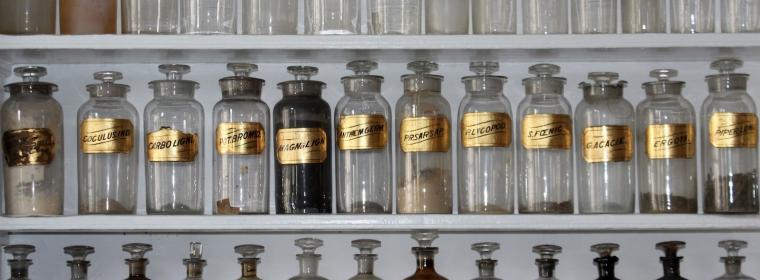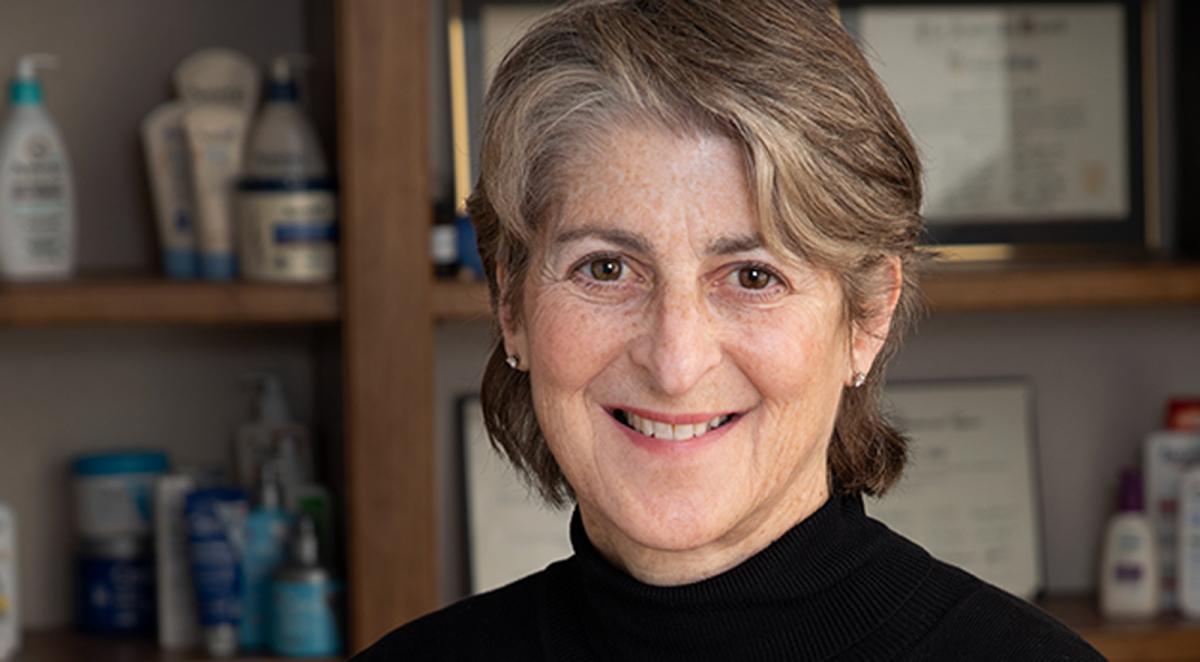
A skincare product is considered a cosmetic or a drug, depending on its intended use. The U.S. Food and Drug Administration (FDA) defines cosmetics as "articles intended to be rubbed, poured, sprinkled, or sprayed on, introduced into, or otherwise applied...for cleansing, beautifying, promoting attractiveness, or altering the appearance." By law, cosmetics cannot intend nor claim to alter the structure or function of the skin.
Although skincare product manufacturers must follow the laws and regulations that apply to cosmetics, cosmetics do NOT require FDA approval before going to market. Nor do manufacturers need to submit proof of safety and efficacy to the FDA before going to market. Skincare products must not be misbranded. A misbranded product is a product that is labeled or packaged in a way that is false, misleading, or violates statutory requirements. A skincare product cannot be adulterated. An adulterated product is a product that, in some way, is unsafe, defective, or harmful when used under usual and normal conditions.
Many moisturizers claim to decrease the "appearance" of fine lines and wrinkles, a cosmetic claim. By increasing the water content of skin they may temporarily improve the appearance of the skin.
Examples of cosmetics include: facial and body moisturizers, "eye" creams, "night" creams, "firming" creams, "toning" creams, "anti-aging" creams, and "anti-wrinkle" creams; lipsticks, fingernail polishes, and eye & facial makeup preparations.
Products that intend to change the structure or function of skin are considered drugs. The FDA defines drugs as "articles intended for use in the diagnosis, cure, mitigation, treatment, or prevention of disease" and "articles...intended to affect the structure or function of..." skin. If a product claims to alter the skin's structure or function, for example, by actually "removing" wrinkles or increasing the skin's production of collagen, it is considered a drug. As a drug, the product must get FDA approval before going to market. In addition, the manufacturer must prove the product's safety and efficacy.
Manufacturers of over-the-counter (OTC) skincare moisturizers, including most "eye" creams, "night" creams, "firming" creams, "toning" creams, "anti-aging" creams, "anti-wrinkle" creams, or rejuvenating serums, cannot claim that their product will change the structure of the skin itself. The product may claim to temporarily change the "appearance" of fine lines and wrinkles (by increasing the water content of the skin), but, by law, cannot intend to change the actual structure or function of the skin.





